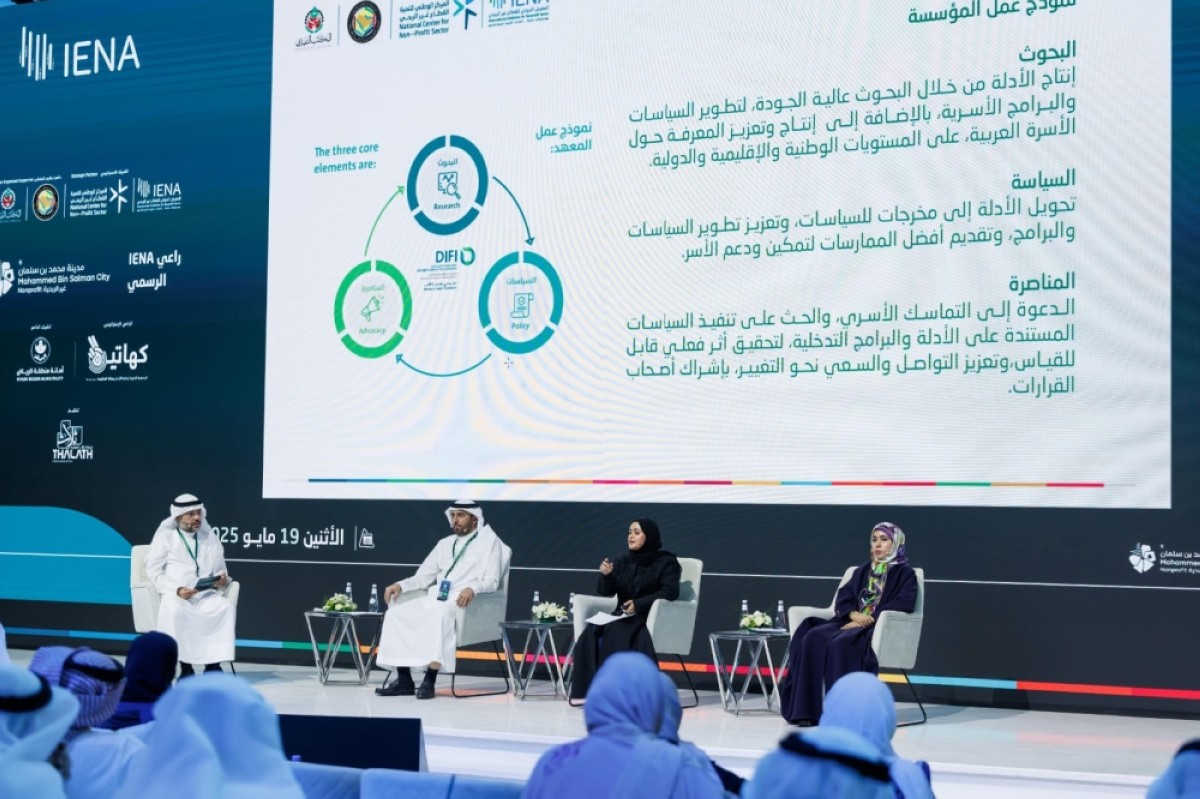KUWAIT: Minister of State for Municipal Affairs and Minister of State for Housing Affairs Abdullatif Al-Meshari praised the efforts behind the redevelopment of Shuwaikh Beach, extending special thanks to the National Bank of Kuwait (NBK) for its generous contribution that made the project possible.
Speaking at the inauguration ceremony on Wednesday, Al-Meshari said the reopening of Shuwaikh Beach in its new form marks the start of wider efforts to upgrade Kuwait’s coastal areas. “This is a genuine step toward humanizing vital and touristic sites and transforming them into safe and enjoyable spaces for citizens and residents alike,” he noted.
The minister revealed that similar waterfront initiatives are underway, with new projects planned in Sulaibikhat and Jahra to be announced soon. He also confirmed that the Municipality is restructuring its projects sector to adopt new mechanisms for launching major developments, adding that more announcements will follow in the near future.
On housing, Al-Meshari said contracts for the South Sabah Al-Ahmad and South Saad Al-Abdullah housing projects have been awarded. Construction progress at South Saad has already exceeded 15 percent, with land delivery expected by 2028.
Capital Governor Sheikh Abdullah Salem Al-Ali Al-Sabah stressed the Shuwaikh Beach project reflects Kuwait’s ongoing commitment to enhancing its waterfronts and transforming them into modern, integrated public spaces. He said the new beach was designed as a model recreational environment, featuring modern facilities, green areas and dedicated zones for sports, leisure and social activities.
“This project is the beginning of a series of developmental initiatives that embody the leadership’s vision for a brighter future,” he said, urging citizens and institutions to preserve the beach’s cleanliness and sustainability so it remains a landmark for generations to come.
Deputy Director General for Projects Sector Affairs at Kuwait Municipality Maysa Boushehri described Shuwaikh Beach as a milestone achievement. “This project demonstrates the importance of public-private partnerships, with NBK’s generous support and the cooperation of various government ministries,” she said.
Boushehri emphasized sustainability as a central design principle, citing recycled materials used for the jogging track, accessible play equipment for people with disabilities, and wheelchair-friendly pathways for the elderly and special-needs visitors. She added that the project also addressed previous environmental challenges and upgraded infrastructure to create a cleaner, healthier and more sustainable public space. “We hope Shuwaikh Beach becomes a landmark destination that combines modernity, sustainability, and community spirit,” Boushehri concluded.


















